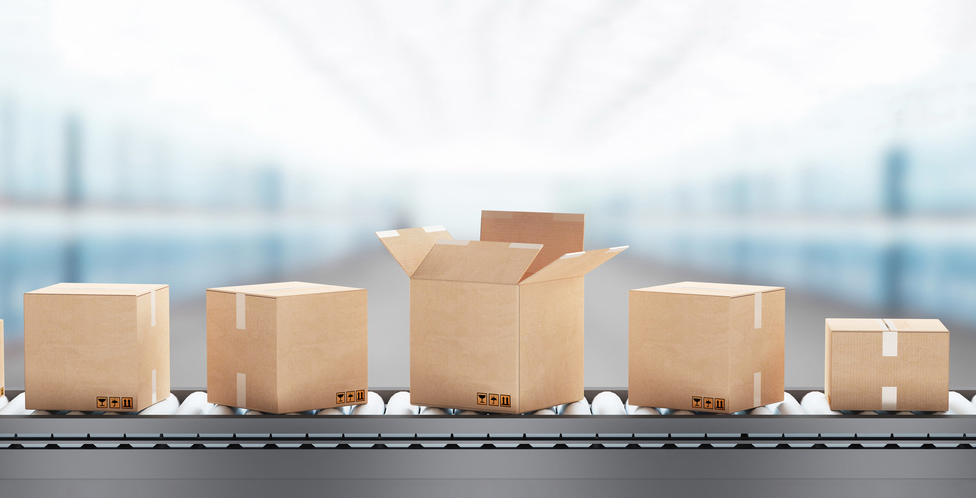According to the World Economic Forum, Switzerland was the world's most competitive economy for seven consecutive years in the 2015-2016 report.
Although importing goods into the country isn't always the easiest endeavour, there are many benefits for UK businesses looking to export to Switzerland.
Due to its central European location and proximity to the UK, the Swiss market is very attractive to companies looking for a diverse, educated, wealthy customer base – an added bonus being that many Swiss citizens are also English speakers. The market is, however, highly regulated and legal compliance is essential, particularly when it comes to customs.
How do I import goods into Switzerland?
Know these restrictions
Swiss customs law dictates that certain items cannot be allowed into the country. These can be divided into seven subsections:
1.Security:
Weapons and explosives, nuclear energy, military use goods, and seditions propaganda material.
2.Intellectual property:
Precious metals, copyright and design right, lotteries and wagers, trademarks and indications of origin.
3.Economic and financial measures:
Restriction and monitoring of imports and exports.
4.Health:
Food, doping, narcotics, corpses and medicines,
5.State monopolies:
Alcohol, tobacco, mail, coins, banks notes, salt.
6.Environment:
Epizootic diseases, animal welfare, fisheries, plant protection, refuse.
7.Cultural property and antiques older than 100 year
Know what has to be declared
Make sure you understand what has to be declared to Swiss customs officials – especially since it may be a little confusing. For example, items such as gifts sent between private individuals don't require customs clearance – permitting that the goods don't exceed the value of CHF 100.00 or are classified as tobacco and alcohol products.
But what about business-related consignments and imports? All goods must be presented to the relevant customs office to receive clearance within a specific timeframe upon entry into the country. An ordinary commercial invoice that provides a description of the items, the quantity, country of origin, the value of the goods, net weight and other important information must be included.
Goods can be declared electronically. You will need to register with the customs client administration (ZKV) – find out more here.
For all the applications you need to declare your goods electronically, you can simply visit the Federal Customs Administration website here.
How much is import duty in Switzerland?
It's important to note that the country of origin will affect the clearance fee, so be sure to check what applies to your country. Consignments that are subject to a more complex process when it comes to customs formalities will be charged at a higher price. Broadly speaking, you may be looking at paying a minimum charge corresponding to 3% of the value of your goods – note that this does not include other costs such as import levies and customs control.
Basic customs clearance fees for parcels coming from Germany, France, Italy and Austria are set at CHF 11.50. For other countries, such as the UK, this charge increases to CHF 16.00.
Do I have to pay VAT?
VAT was introduced in Switzerland in 1995, and although the country is not part of the EU, the value-added tax is usually aligned with EU guidelines. For export clearance, you will be required to include documentation such as invoices, certificates of origin, and more in-depth information where the goods concerned refer to food, livestock or animal products.
VAT has a standard rate of 8%, but this can vary depending on the industry and type of product; for example, foodstuffs, water and books are subject to a reduced rate of 2.5%. The payment of VAT falls to the recipient of the consignment, so be sure to work out this cost and clearly display it on your website to avoid any confusion or misinterpretation.
Another worthwhile observation is that Switzerland consists of 26 member states, each having the freedom to decide its own tax rates, making it essential to consult with a cross-border trade expert that can offer guidance specific to the area you are marketing to.
Don't get overwhelmed by the paperwork. As the leading postal services provider to Switzerland - we are owned by Swiss Post - Asendia is ready to help you break into the country’s market. UK goods and services are in high demand in Switzerland, with exports growing by as much as 130% in the last five years. Set your business up for success by getting in touch with one of our experts today. We can provide no obligation quotations and give you the latest, most up to date information when it comes to shipping to Switzerland.






